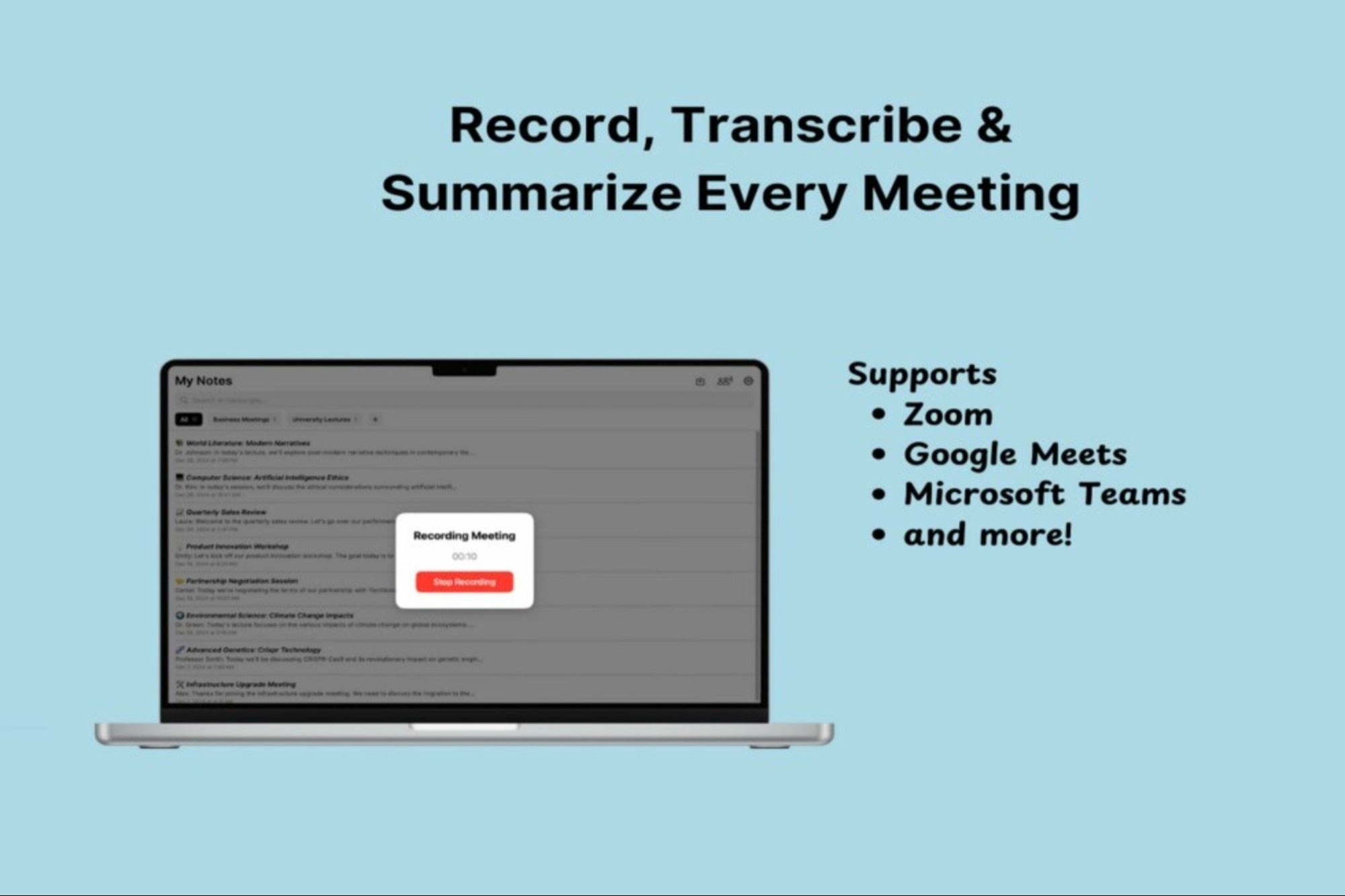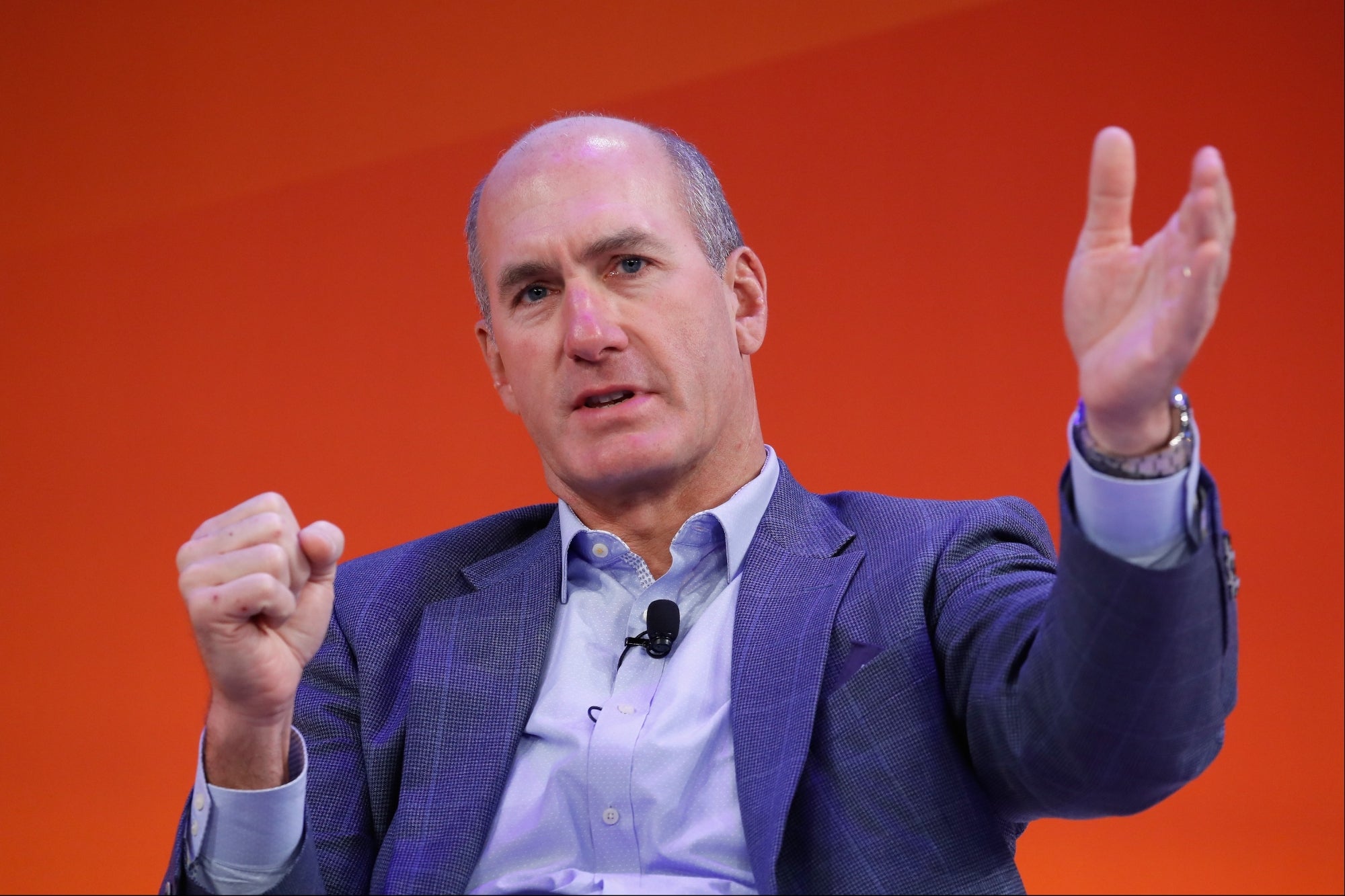Opinions expressed by Entrepreneur contributors are their own.
Millennials pursued homeownership and career advancement as personal milestones. Boomers prioritized duty and societal contribution. Gen Z, however, brings a different mindset to the workforce — one that values meaning, flexibility and identity alignment.
For employers, understanding and adapting to Gen Z’s new standards isn’t just a cultural shift — it’s a competitive advantage. In this article, I’ll outline four key trends to watch as you engage the next generation of workers.
Related: Gen Z Is Redefining the Workplace — and Companies Must Adapt or Face Losing Talent
1. Purpose over paychecks
Gen Z wants to know their work has a positive impact on people, communities and the planet. According to Deloitte’s 2023 report, one in four Gen Z workers said they don’t want a job that doesn’t meet their vibes and values. In recent years, ESG (Environmental, Social, Governance) commitments have become a key factor in brand selection, with Gen Z consistently seeking sustainable and ethical practices.
To connect with Gen Z, businesses must build missions that go beyond profits. For example, at Flowwow, our mission is to help people bring joy through thoughtful gifting that speaks volumes. That is exactly what clicks – both for us and for our people. It’s equally important to involve employees in shaping internal processes, especially those that impact team wellbeing and the overall customer experience. Finally, companies should look beyond functionality and consider the emotional impact their product or service creates.
Ben & Jerry’s is committed to sustainability and social justice, and it’s not just in their marketing – it’s embedded into the workplace. Employees are encouraged to engage in activism, giving Gen Z team members a clear sense that their work contributes to positive societal change.
Related: Why Gen Z Is Ditching Corporate Jobs for Franchises
2. Flexible approaches
According to a 2024 LinkedIn survey, 72% of Gen Z workers have either left or considered leaving a job due to lack of flexibility. This generation has little tolerance for tough schedules, fixed workplaces and top-down hierarchy. They were mostly raised in an atmosphere of support, so they expect to be heard, to co-create systems and to work within frameworks they help define.
To meet Gen Z’s expectations, companies should build a transparent culture where every feedback is cherished. Involve employees in shaping their own workflows, tools and timelines. Offer remote work and flexible hours as default — that’s how your team will feel trust and respect for individual working styles.
3. Life comes first
Having grown up with packed schedules, Gen Z now seeks balance between work and a wide range of personal interests. They’re still full of career ambitions, but success often means having time for hobbies and ‘me-time’. A 2025 Deloitte study shows that only 6% of Gen Z set leadership as a must. Instead, the majority prioritise work-life balance, meaningful experiences and freedom over climbing the corporate ladder. Upwork also found that up to 80% of Gen Z prefer hybrid roles, valuing autonomy and balance.
To create a workplace that aligns with Gen Z’s values, companies should provide opportunities for employees to share their passions and learn from one another through internal events and pastimes. Another great idea is to make space for informal connections and off-site team bonding that goes beyond team-building clichés.
At Flowwow, we’ve created a channel where team members share everything from film reviews to hiking tips. It helps strengthen bonds and build culture around shared passions. And of course, HR programmes should support employees’ interests outside of work.
Related: Gen Z Is Increasingly Turning to Trade Schools as a Fast Track to Entrepreneurship and an AI-Proof Career
4. Self-care as a must
No generation has been more open about the importance of mental health than Gen Z, with over 60% reporting therapy or counseling experience. They want workplaces that offer mental health support. Moreover, 70% of Gen Z workers value comprehensive health benefits, including fitness reimbursements, wellness programs and medical insurance covering mental health.
Prioritise support, psychological safety and physical health. This might mean an in-house mental health counselor or partnerships with therapy platforms. Create policies that respond to anything that is offbeat: paid sick leaves for family emergencies, bonuses for overworking, loyalty programs and extra care for high-intensity roles.
Netflix leads the way by offering free therapy and coaching to employees and dependents. Mental wellbeing is integrated into DEI efforts and everyday operations, from mindfulness sessions to targeted workshops for Gen Z and BIPOC employees.
Gen Z isn’t just changing the way we work – they’re changing why we work. Their expectations around purpose, flexibility, wellbeing and balance are reshaping not only the workplace but also the very idea of work itself. So, what can we do? Grow alongside this generation.
Millennials pursued homeownership and career advancement as personal milestones. Boomers prioritized duty and societal contribution. Gen Z, however, brings a different mindset to the workforce — one that values meaning, flexibility and identity alignment.
For employers, understanding and adapting to Gen Z’s new standards isn’t just a cultural shift — it’s a competitive advantage. In this article, I’ll outline four key trends to watch as you engage the next generation of workers.
Related: Gen Z Is Redefining the Workplace — and Companies Must Adapt or Face Losing Talent
The rest of this article is locked.
Join Entrepreneur+ today for access.








